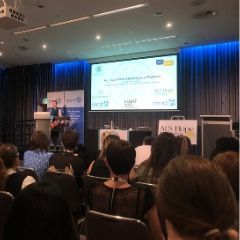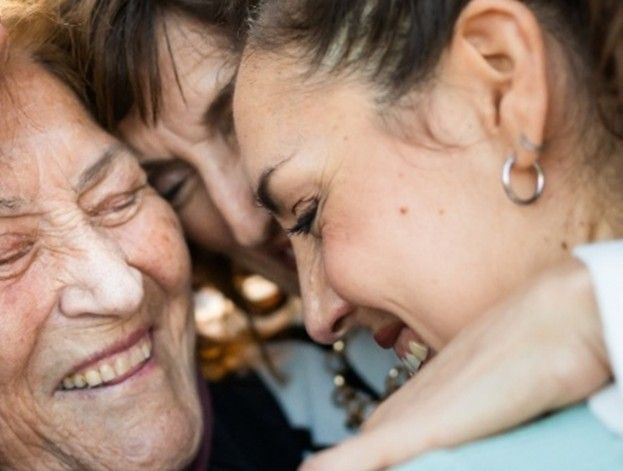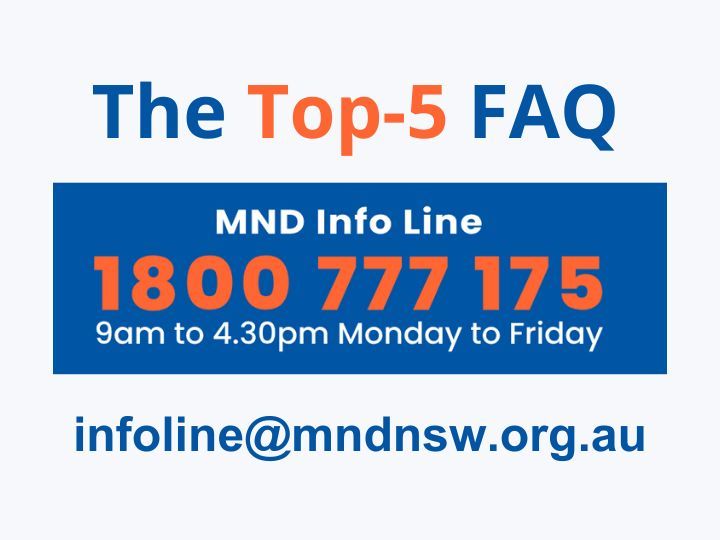Karen Martin our Manager of Service Support, Kristina Dodds our Education and Carer Support Program Coordinator along with Sue Donaldson an MND Advisor, recently represented MND NSW at the 30th International Symposium on ALS/MND in Perth last December.
With over 850 people from all over the world (talking things like the latest in MND research, therapeutic strategies, clinical trials, emerging biomarkers, palliative care, genetics verses environment debates and improving care practice), this annual 3 day event is the world’s premier meet up on ALS/MND.
International ALS/MND Connect Meeting
These meetings took place prior to the symposium with information presented by some of the most prestigious researchers in the world. They explained what’s happening in the world of research in a way that can be understood by everyone including people who are living with MND and their loved ones.
There were three researchers who presented at these meetings including:
- Australia’s own Professor Matthew Kiernan. Matthew’s topic titled “Hope is on the Horizons, advances in research” gave a quick summary of Australia’s contribution to our knowledge of MND over the last 100 years and gave an overview of the multistep theory on why people develop MND. He explained the current trials taking place in Australia and whether there is a particular phenotype (i.e. the set of observable characteristics of an individual resulting from the interaction of its genotype with the environment). He pointed out for instance that people who develop MND are less likely to have had a previous complex medical history, are rarely obese and have reduced arterial disease.
- Professor Ammar Al-Chalabi from the UK spoke about the two obvious causes of MND—family history and age. He argued that environmental risk factors sound convincing but that, at this stage, there’s no consistent risks associated with any job, place, lifestyle or life events. He stated that age is significant with 1 in 300 developing MND by the time they are 85, which is similar to MS. In 5-10% of people with MND, family history is present and tells us genes must contribute with risk factors increasing with age.
- Professor Leonard Van de Berg, from the Netherlands was the final presenter. He spoke about different ALS phenotypes. Several have been identified and they could require different therapies. He explained that more potential therapies are now at the trial stage, and with a greater number of patients meaning the drug development process is accelerating. He also spoke about the benefits of riluzole for people with slowly progressive MND.
If you want to find out more, you can watch the MND Connect Meeting videos here.
The Allied Professional Forum
The Allied Professional Forum (APF) is specifically designed for allied health professionals working in the field of MND. The 16 presentations were given by occupational therapists (OT), speech pathologists, nurses, a physio and a respiratory physician.
‘This forum for me was the highlight,’ Kristina said. ‘It was all about the approach to practical care and also presented research on the kinds of care people with MND find the most beneficial.’
Highlights included:
- OT Sarah Solomon’s her presentation on adapting and adjusting to rapidly changing function. She included tips for OT practice, functional splints, carer alert options, energy conservation advice and information on 'Electronic Assistive Technology (E.A.T)' as well as challenges for OTs
- John Costello, an OT from Boston, who presented on 'double dipping'. This involves creating a customised synthesised voice and then combining it with banked voice messages from the client. It means when they communicate through their Augmentative and Alternative Communication (AAC) device, emotion and intonation is also expressed. John reminded us of the uniqueness and identity we have around our own voice and expressed that our voice is ‘our voice is our acoustic fingerprint’.
- Most areas of interest were covered including sexuality and MND, information on the management of neck weakness and MND, Non-Invasive Ventilation (NIV), cough and secretion management, end of life care, voluntary assisted dying, eye gaze technology and more.
You can view these presentations here.
The 30th international symposium on ALS/MND
The culmination of the (very hot!) week in Perth was the 3 day symposium. While there’s still a lot to learn about stopping or even slowing down ALS/MND, we found out about the important progress being made in:
- The studies of genetics
- Disease mechanisms
- Biomarkers,
- Inflammation
- Assistive technology
- Palliative care
- Potential drug treatments
For the team, the highlight was the research coming out of Australia including a presentation by Professor Justin Yerbury and his team’s study of the fine balance of proteostasis, and its implications for ALS/MND.
‘There was standing room only as Justin, who is living with MND,’ Kristina said.
One of the most encouraging symposium themes was collaboration and its potential for both improving clinical trials and research outcomes and harnessing the power of a global effort in stopping MND.
Other highlights included:
- The Carer and family support sessions, in particular those presented by Professor Samur Aoun from Western Australia. She has been involved in research that showed the importance of MND Advisors in the care and support of people living with MND.
- The palliative care sessions. Presenters were from Belgium, Germany and Prof Peter Allcroft from South Australia. He spoke of a trial of a suprascapular nerve block for shoulder pain for people with MND.
- Presentations on telehealth which is the use of telecommunication techniques for the purpose of providing telemedicine, medical education, and health education over a distance.
- The development of the MiND Toolkit for management of cognitive and behavioural impairment of MND (developed in Victoria).
- The connection between ALS and other neurological conditions eg Parkinsons, Alzheimers, schizophrenia. This link seems to be neuroinflammation
- The sheer number of people across the world involved in research associated with MND- scientists, medical and allied health professionals but also engineers and others helping to develop algorithms to assist in understanding the disease. The research at the cellular level shows the complexity of the disease and why there areno quick answers, but also gives us hope because there are so many threads of research and such collaboration across the world.
- Aspects of carer support and how the person with MND, and their loved ones may differ in perspective
- Specific symptom management was also covered including dysphagia and nutritional management, respiratory support and communication, including the very new brain computer interface being trailed in the first ever person with MND
You can find the program for the International Symposium here.
If you would like more information about MND then why not attend one of our education events for people living with MND or call our Info Line on 1800 777 175 or email




